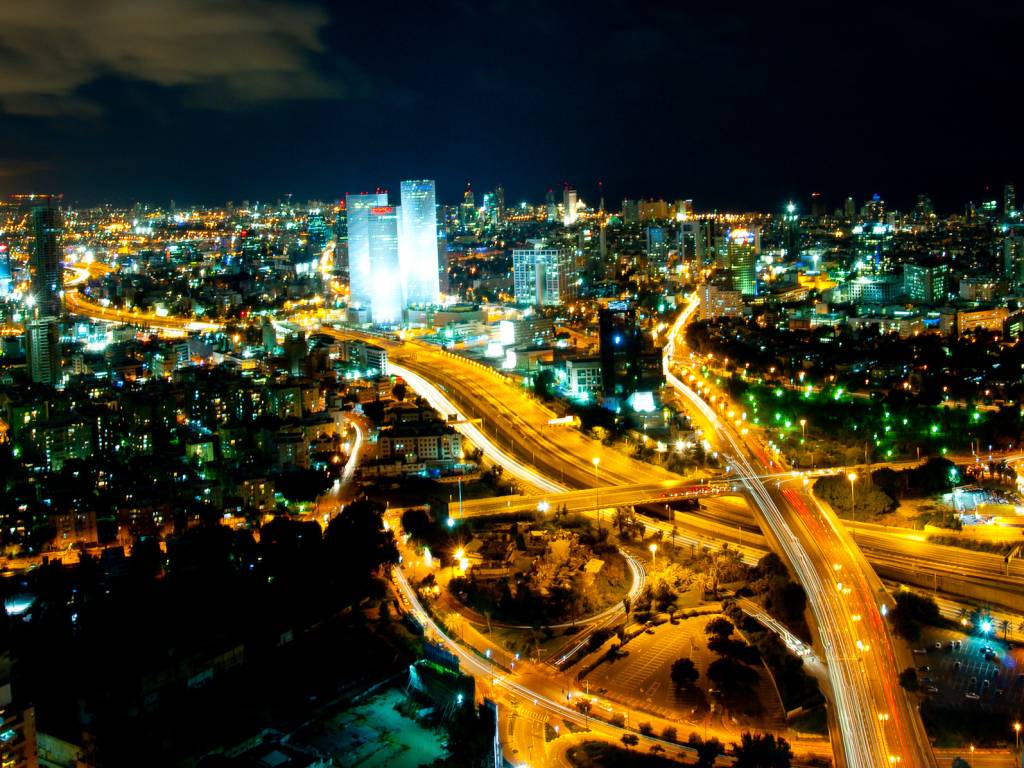Tel Aviv is a colorful city and, as Israel’s second largest, adds a wonderful dimension to the ongoing story of the Jewish people.
For nearly 2000 years, no brand-new Jewish city was founded. When I say brand-new, I am not talking about a renewal of an ancient city—that happened often. I mean a new city that heretofore did not exist in name nor location.
The ancient port city of Jaffa was overcrowded and the conditions had become unbearable. Alternatives needed to be found. On April 11, 1909, 66 Jewish families gathered on the sand dunes on the beach outside the ancient city of Jaffa. They gathered to divide up the land that they had purchased from the local Bedouin population and to begin a new area called Ahuzat Bayit (Homestead). Later, this would become the city of Tel Aviv, Israel’s second-largest city.
To divide up the land fairly, Akiva Aryeh Weiss, chairman of the lottery committee, gathered 66 grey shells and 66 white shells. On each of the white shells he wrote the names of the participants and then on the grey shells he wrote a plot number. He drew a shell from each pile and paired them together matching a family with a plot of land. The founding families then began to build their homes and this was the beginning of the first Hebrew city in the modern era.
When the lottery took place in 1909, it was in the middle of a period of new immigration to Israel (what was then called Palestine), referred to as the Second Aliyah. About 20,000 Jews returned to their homeland, mostly from Russia. Generally speaking, they were young, single, secular and very idealistic. Many of these new immigrants would make the new suburb of Jaffa their home.
One of the beautiful Tel Aviv beaches. (Nati Shohat/Flash90)
The name Tel Aviv was adopted in 1910. Tel means a layered, ancient civilization, and Aviv means spring, which reflects the new. The name was an adaptation from Theodor Herzl’s book, titled Altneuland (Old New Land). Herzl, who lived in the late 19th century, was one of the founders of modern Zionism.
Tel Aviv was a new city, but it was also part of the revival of an ancient people in their ancient homeland. The name Tel Aviv also appears in the Bible in Ezekiel 3:15.
The population of Tel Aviv grew dramatically with Hitler’s rise to power in the 1930s and the exodus of many of Europe’s Jews to Palestine. By 1945 the population of Tel Aviv swelled to 150,000, and by 1947 to 200,000. Many German Jews who were trained at the Bahaus, modernist school of architecture fled Germany to Tel Aviv, turning it into the city with the largest concentration of Bahaus-style architecture in the world. In 1950, Jaffa and Tel Aviv merged to become one city, called Tel Aviv-Jaffa. Since 1950, Tel Aviv has developed into the cultural center of Israel with a population of about 350,000.
An interesting dynamic or a type of unwritten competition exists between Tel Aviv and Jerusalem. While Jerusalem is the political and religious center, Tel Aviv often stands in opposition to what Jerusalem represents. Sometimes it seems as if Jerusalem and Tel Aviv exist in two different worlds. Tel Aviv is considered secular, while Jerusalem is religious. Tel Aviv is politically and socially left-wing, while Jerusalem is to the right. Tel Aviv has a more vibrant night life. Tel Aviv is about the new and Jerusalem the ancient. Tel Aviv is the young and hip and Jerusalem is the old and settled. Tel Aviv’s landscape is flat and Jerusalem is hilly. The contrasts seems endless. In reality, though, the differences are not that extreme—each city has its religious and cultural diversity, entertainment, etc.
Israel is a beautiful mosaic made up of all kinds of people drawn from various walks of life. Tel Aviv is a colorful city and, as Israel’s second largest, adds a wonderful dimension to the ongoing story of the Jewish people.
By Rabbi Moshe Rothchild, Licensed Tour Guide
Do You Love Israel? Make a Donation - Show Your Support!
Donate to vital charities that help protect Israeli citizens and inspire millions around the world to support Israel too!
Now more than ever, Israel needs your help to fight and win the war -- including on the battlefield of public opinion.
Antisemitism, anti-Israel bias and boycotts are out of control. Israel's enemies are inciting terror and violence against innocent Israelis and Jews around the world. Help us fight back!
